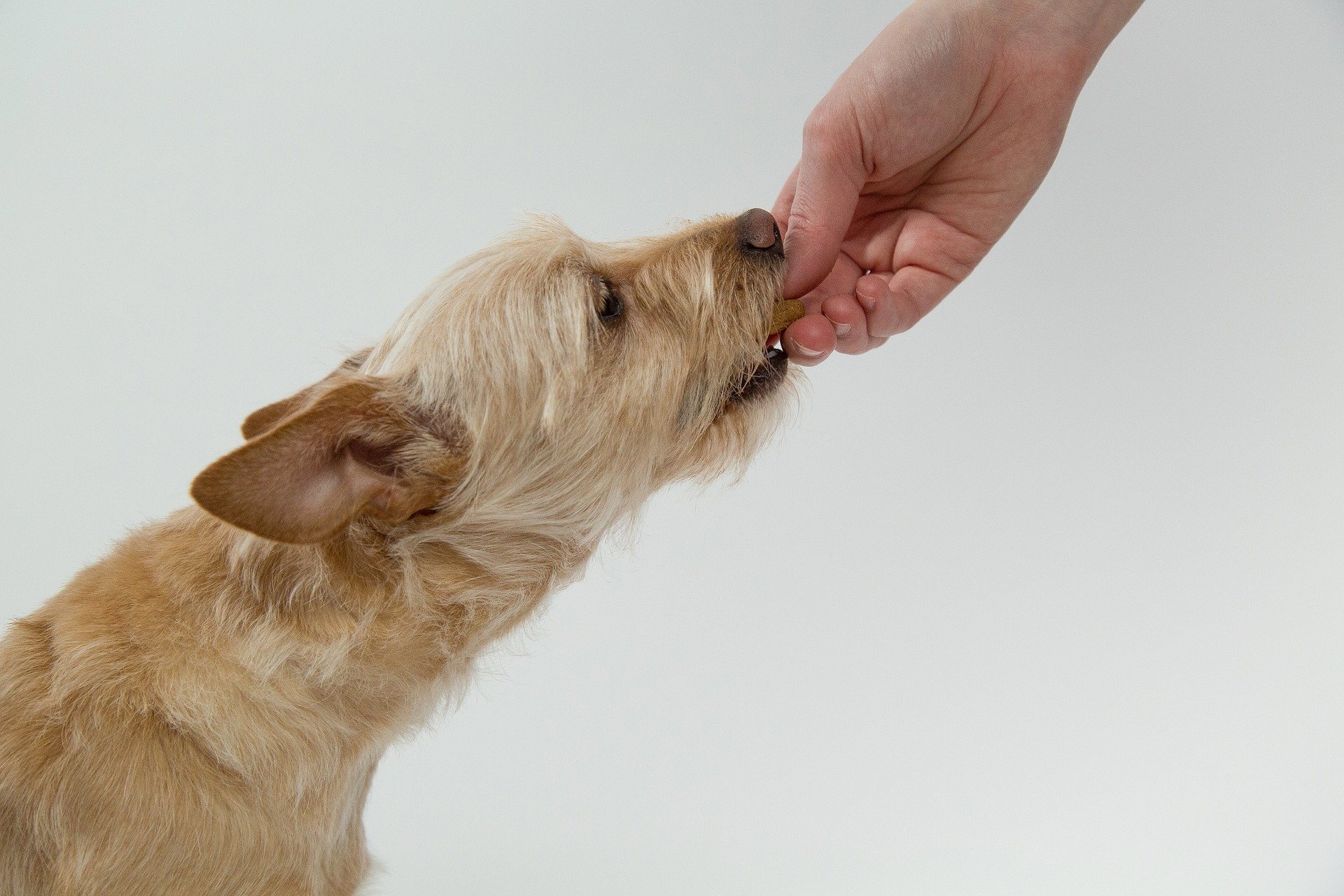Can Dogs Survive on a Plant-Based Diet? Here’s What You Should Know

Cover image source: James Lewis on Unsplash
The vegan lifestyle or the art of eating clean has emerged as a trend in the last couple of years. The real question is, can this be applied to dogs as well?
While there is not enough scientific proof that a vegan diet can be beneficial for all dogs, some vets do recommend a plant-based diet for dogs with certain health issues and there are no studies to show that it is entirely detrimental either. Take the case of Bramble, a Collie who lived 25 years (when the lifespan for Collie is typically 14 years) purely on a diet filled with vegetables and lentils!
That said, if you’re one of the vegan-curious folks, it is imperative to read up and research thoroughly about vegan diets for dogs before you decide to make the switch for your pooch. Consult a veterinary professional as well to ensure that it is suitable for your pet, because not all dogs do well with a plant-based diet.
So, what are the potential health benefits?

Source: Jean Alves on Pexels
Senior dogs are prone to age-related health problems such as arthritis, diabetes, and obesity. As owners, we need to try to support our furry friends by giving them the care and support they need during their golden years.
In this case, a plant-based diet can be a wonderful alternative for senior dogs because they consist of rich sources of fibre that’ll help their digestive system, omega acids that’ll give anti-inflammatory relief to the joints, and fewer fatty foods because senior dogs require much less calories than they used to.
Plant-based ingredients also tend to aid digestion as they have less acidic properties, which is why it may be recommended by your vet if your pet has digestive issues as well.
Must I really seek a professional opinion?

Source: Mithul Varshan on Pexels
Yes, regardless of the benefits promoted by the internet, it is always best to check with a professional veterinary nutritionist or veterinarian because ultimately, dogs are omnivores, not vegetarians!
While they can definitely handle plant-based ingredients much better than their feline counterparts, which are carnivores, some may thrive better on a diet that includes meat. At the end of the day, you need to ensure that you are feeding your pet a balanced diet with all the nutrients it requires to be happy and healthy.
What are some risks that may occur on a plant-based diet?

Source: Amy_Gillard on Pixabay
As with everything in life, you need to be aware of the risks before making a decision. When following a plant-based diet, your pet may experience deficiencies if it’s not getting a balanced diet, which tends to happen more often when the dog is fed homemade vegan food as compared to a prescribed diet by a vet or nutritionist.
As the nutritional requirements of dogs vary according to their genetic makeup, health condition, breed, age, and size, this information will not apply to every pet, but some of the more common risks are:
- Inadequate protein intake
- A lack of vitamin B and D
- Having an imbalance of amino acids.
How should I make the transition?

Source: PourquoiPas on Pixabay
If your veterinarian or veterinary nutritionist has given you the green light to make the transition to a vegan diet for your dog, here’s how you can make the process smoother for your furry friend:
– Choose food products from the pet store that are certified by the Association of American Feed Control Officials (AAFCO) or recommended by your veterinarian or veterinary nutritionist. Ideally, it should not contain any wheat, corn, or soy, which are potential allergens.
– While introducing plant-based food, start by giving 25% of food each day mixed with their usual meal. As an extra precaution, you can take your pet for a medical check-up once every two weeks to monitor its health.
– Ask your veterinarian or veterinary nutritionist for advice and follow their instructions and recommended intake strictly!








